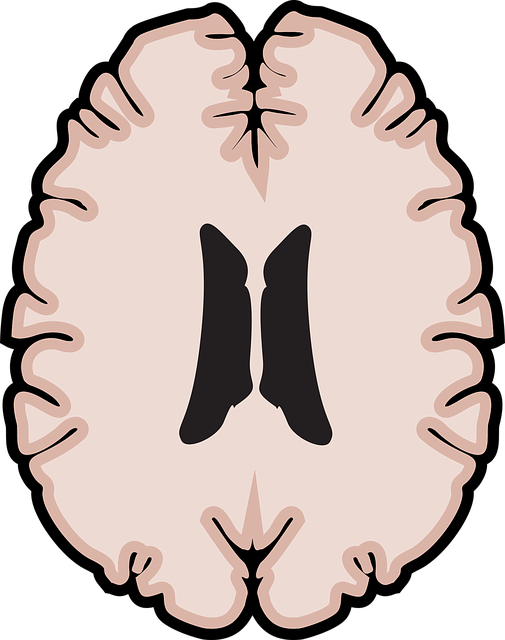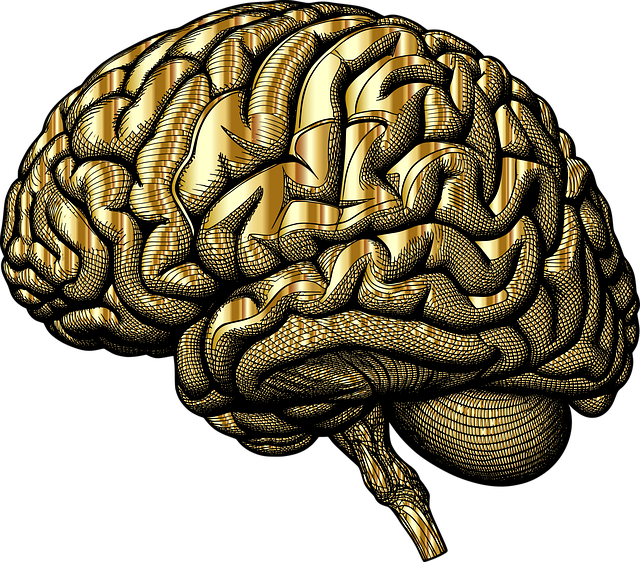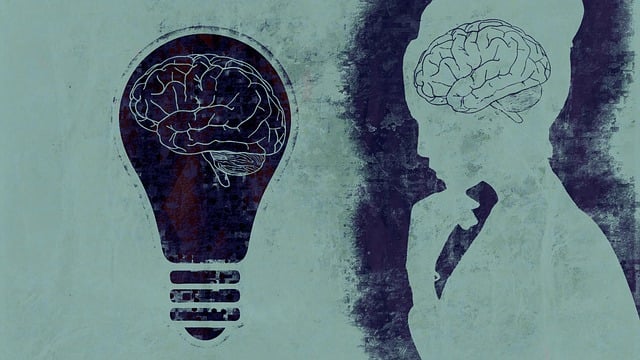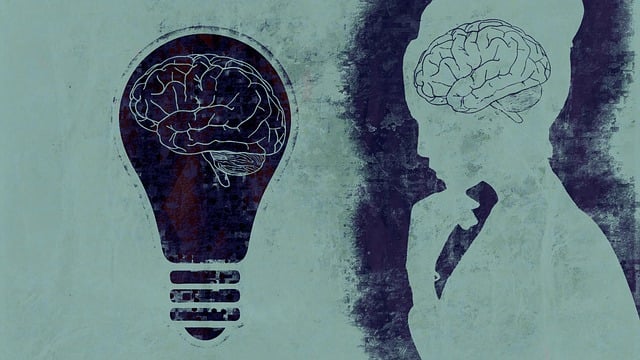Littleton Eating Disorders Therapy employs evidence-based emotion regulation techniques as a cornerstone of its comprehensive treatment approach. Therapists teach mindfulness, cognitive restructuring, and acceptance strategies to empower individuals to manage intense emotions like stress and anxiety without resorting to disordered eating behaviors. These tailored methods break the cycle of automatic triggers, foster self-control, and promote long-term recovery and overall well-being, as evidenced by successful client outcomes.

Emotion regulation techniques are a crucial aspect of therapy, especially for individuals dealing with eating disorders, as seen in Littleton Eating Disorders Therapy. These techniques empower people to manage and understand their emotions effectively, which is essential for long-term recovery. By learning to identify and label feelings, patients can begin to uncouple emotional responses from automatic behaviors like comfort eating or other disordered habits.
Therapists at Littleton Eating Disorders Therapy often teach mindfulness practices, cognitive restructuring, and acceptance strategies to help clients regulate their emotions healthily. These methods allow individuals to become more aware of their triggers and emotional patterns, enabling them to make conscious choices rather than reacting impulsively. Such approaches have proven effective in fostering a sense of control and self-compassion, which are vital for overcoming eating disorders and maintaining overall well-being.
API responded with status code 504.

At Littleton Eating Disorders Therapy, we understand that managing emotions can be challenging, especially for those struggling with eating disorders. That’s why our experienced therapists employ various emotion regulation techniques as part of a comprehensive treatment approach. These strategies are tailored to help individuals recognize and process their feelings effectively, fostering healthier coping mechanisms.
Through individualized therapy sessions, clients learn to navigate intense emotions, such as stress or anxiety, without resorting to disordered eating behaviors. By utilizing evidence-based practices, our therapists guide patients in developing personal strategies to calm themselves, enhance emotional awareness, and build resilience. This process empowers individuals to face triggers head-on, promoting long-term recovery and improved overall well-being.
Emotion regulation techniques, such as those taught by professionals at Littleton Eating Disorders Therapy, are invaluable tools for managing and understanding complex emotional states. By learning these skills, individuals can navigate life’s challenges with greater resilience and flexibility. Through practice, one gains the ability to transform difficult emotions into opportunities for growth and self-improvement, ultimately fostering a healthier and more balanced mental landscape.














